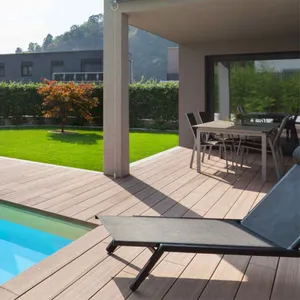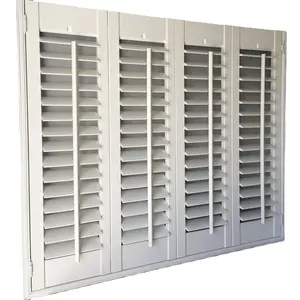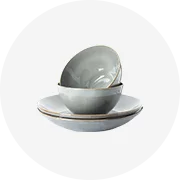A wood pergola is an outdoor garden feature creating shadows for walkways, passageways, or sitting areas. These wood pergolas don’t have beams and walls, but they offer an airy and bright outdoor area with cross rafters, which serves as a good place for relaxing outside.
Diverse wood types of wood pergola
There are many different kinds of woods that are used for wood pergolas because they tend to be easy to work with and durable when exposed to outdoor conditions. Ordinarily, there are four sorts of woods that are utilized for making wood pergolas: pressure treated wood, red cedar and redwood, tropical hardwood, and modified wood. Pressure treated pergola is usually a go-to choice when considering budget. The pressure treated wood becomes resistant to decay, rot, and insects through some treatment process, making it a durable choice for pergola applications. However, the chemicals used in pressure treated woods can make them toxic, and they often have a green tint or blue streaking, so they may not have a good appearance. As for the western red cedar pergola and redwood pergola, they are some of the common alternatives apart from pressure treated pergola. Both western red cedar and redwood are insect-resistant and rot-resistant, and there is no need to worry about harmful chemicals. Besides, they are both durable woods, and redwood is slightly stronger than western red cedar. They are also good selections for natural-looking style. However, these woods may be more expensive. Tropical hardwoods are good at making exterior projects, such as cladding, decking, etc, making them a suitable option for wood pergolas. In addition to their beauty, tropical hardwoods are also dense and resilient. However, due to the cost and eco-friendliness aspect, tropical hardwoods are not that commonly used in making wood pergolas. Modified woods are sustainable and usually require no surface treatments and just need basic cleaning for care. They are also water-resistant, making them suitable for wood pergolas in coastal, wet, and high-humidity areas.
Advantages of wood pergolas
Installing a wooden pergola with roof can bring distinctive benefits to a garden or a yard. These wood pergolas can become a framework that allows vines to interweave and makes blooms to be hung beautifully, allowing the garden to become greener. On the other hand, wood pergolas can be placed to block off undesirable views, thus offering some coverage and adding privacy to a yard. Wooden pergolas can also provide some protection when harsh weather comes, offering shelter for the plants or people in the garden. Apart from these, wood pergolas can also add other outdoor structures and increase the value of the garden.








































 浙公网安备 33010002000092号
浙公网安备 33010002000092号 浙B2-20120091-4
浙B2-20120091-4